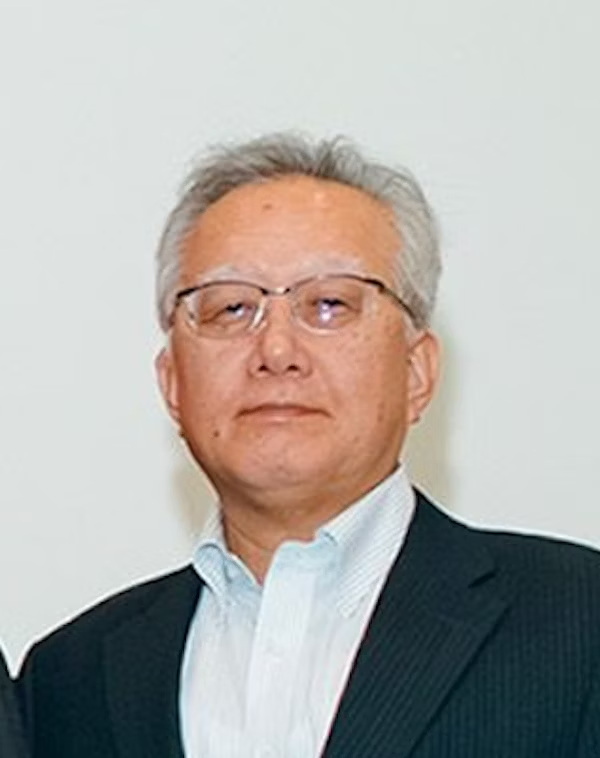According to police and environmental officials, Brazil’s efforts to combat wildcat mining in the Amazon have been made much more difficult by the participation of Indigenous people in illicit gold hunting, which is enticed by the promise of easy money due to record prices.
Brazilian law forbids mining on Indigenous property, and unlawful mining has become a big problem in the Munduruku region, a reservation the size of Switzerland on the Tapajos river, a key tributary of the Amazon.
However, more and more members of the Munduruku tribe are joining the illicit, organised crime-supported trade.
Agents in helicopters swooped down on muddy tailing ponds during a recent enforcement operation by Brazil’s environmental protection agency IBAMA to locate a camp in a clearing, but the miners had already left after hearing the sounds of the approaching choppers.
Dogs were barking, and a gas cooker with a pressure cooker was still hot. Two engines that pumped water through filters to capture gold nuggets were destroyed by the agents. They said that the clothing and hammocks provided proof that the miners were Native Americans.
Although tribal elders claim that the lack of government support leads them to look for alternative ways to deal with poverty, the Munduruku tribe has become divided over gold mining, with the majority of them believing it is bad.
Panhandler Samuel Manga Bal discovered 60 grammes of gold on the river one morning, which is 20 times the amount he typically finds each day.
However, he was compelled to leave their village because his brother Domingo was enraged and threatened to murder him if he persisted.
Manga Bal, who currently subsists on cultivating manioc but plans to go back to mining when he can, stated, “He wanted me gone.”
“Now that things are so bad, I’m going to return to mining.” We just have manioc flowers; there is no food, no sugar, not even coffee.
The reservation is situated in the bustling 26,000-person municipality of Jacareacanga, where businesses openly purchase gold from miners and big 4×4 vehicles drive down largely unpaved streets. To dig mining ponds, trucks arrive with large backhoes and uploaders.
A source of income
The fact that Jacareacanga’s per capita GDP is 90,000 reais ($15,157.38), more than that of Sao Paulo, Brazil’s largest city, despite the obvious poverty, is a clear indication of the illicit wealth that gold mining is producing.
Despite the fact that gold dealing in Jacareacanga is open to the public, very little tax revenue is received.
President Luiz Inacio Lula da Silva has promised to eradicate illicit mining, which has grown more difficult to suppress throughout the Amazon under his far-right predecessor Jair Bolsonaro.
Now that tribe members are searching for gold, it is more harder to evict miners from Munduruku area. According to tribal officials, Indigenous people now conduct 40% of the gold mining on the reservation.
To make matters worse, a document obtained by Reuters claims that local police officers have been accepting payments from a gold mining company in order to ignore the problem.
Local Chief Jonathan Kaba Biorebu, who lives in a community ten minutes distant by boat, stated that using funds for sustainable development is the best approach to halt illicit mining. He proposed offering carbon credits for sale to businesses looking to offset their pollution.
A carbon credit agreement negotiated by the local Pusuru Indigenous Association, which intends to construct 40 drinking water wells, has benefited his town. Using funds from carbon credits, the association constructed its offices in Jacareacanga.
Kaba Biorebu, however, is doubtful that carbon credits would proliferate sufficiently to displace gold mining in terms of revenue.
The informal mining, or “garimpo” in Portuguese, is supported by the non-Indigenous residents of Jacareacanga.
“Gold mining is the source of income here,” Claudemir Pereira, the owner of a general store, stated. “This is essential to the survival of most people here, including the indigenous people, many of whom mine for gold.”
Big mining firms have campaigned against legalisation, according to Nilton Tubino, the government coordinator for removing gold mining from Indigenous territory.
source: mining dot com









